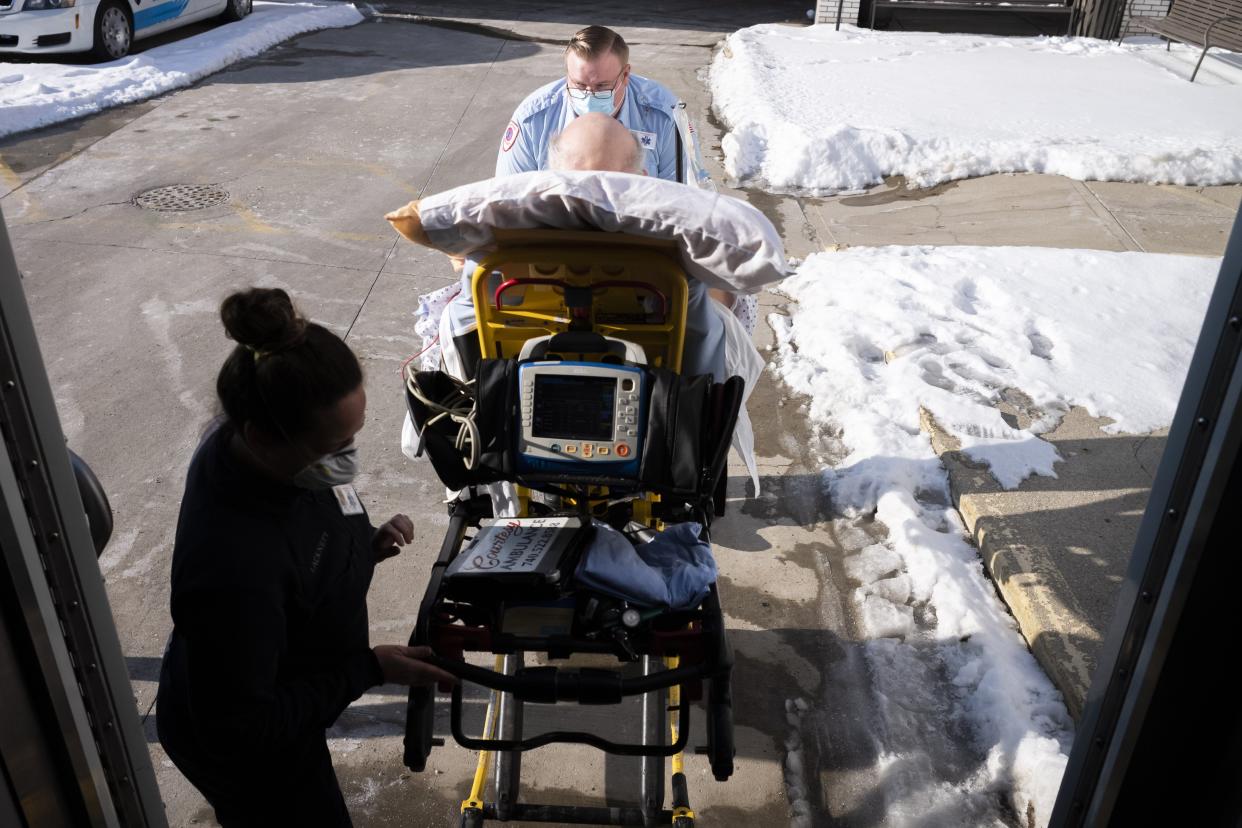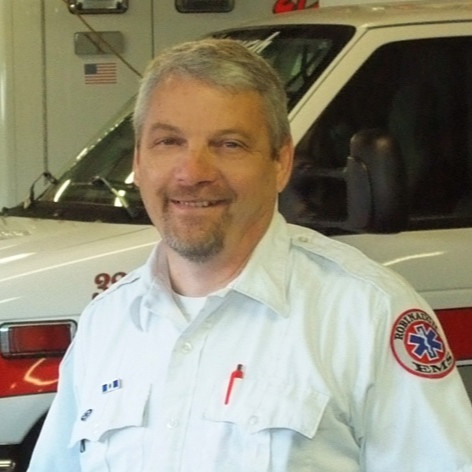Opinion: Ohio ambulance companies can't properly pay workers. State should help.

In November, one of Ohio’s neighbors took a valiant step forward in supporting its frontline EMS industry.
West Virginia increased their Medicaid reimbursement rates for private ambulances. This is a major milestone that will provide West Virginia’s more than 200 ambulance providers with an additional $11.8 million in reimbursements per year.
Our view: 'Warm, welcoming' $59 million crisis center will be game changer for Columbus
In fact, West Virginia’s increase will now match the reimbursement rate of Medicare; the most that Medicaid is allowed to pay by statute, although still determined to be below cost by two Government Accountability Office studies published in the last two decades.
Letters: Medicare patients shouldn't be bankrupt
West Virginia smartly recognized that its citizens suffer without proper and timely ambulance response and transport.
After years of hardship, West Virginia’s private EMS industry may now feel some sort of relief with this much-needed reimbursement increase. The industry may now be able to pay their workforce the necessary wages for living and raising a family.

Unfortunately, the same is not true for Ohio – even though many of the same challenges faced by West Virginia’s EMS are shared by Ohio’s providers.
Those challenges include severe workforce shortages, pandemic-induced, worsening retention rates primarily attributed to incredibly low Medicaid reimbursement rates that make operating a business nearly impossible, resulting in several businesses’ doors across the state shuttered and leaving so many with delayed and/or access to care vulnerability.
Even before COVID, EMS nationwide faced historically low workforce shortages. This has been an ongoing problem for years.
The truth of the matter is that private ambulance companies are unable to properly pay their workers.
More:COVID-19 pandemic exacerbates need for workers at Ohio's emergency medical services
In Ohio’s case, it’s because the state refuses to increase Medicaid reimbursement for ambulances to rates that are actually in line with the cost of life saving care.
Ohio Medicaid currently pays ambulance providers less than 40 percent of the Medicare allowable amount.
Our EMTs and paramedics are front line workers. They see distress and trauma every day. It is unfair that for a skilled and highly trained industry they remain some of the most underpaid jobs.
A new report distributed by Ohio’s Department of EMS notes that wage disparity is the number 1 factor affecting incredibly low retention. About 60 percent of EMS workers say that they are no longer working in the industry because of poor compensation.
If we could pay our workers the wages they deserve, private EMS may have a chance at survival in Ohio.
West Virginia has taken action.
It’s time for Ohio to do the same.
It’s time for our state lawmakers to recognize that the state’s inaction mandates state sponsored closure of private business, leaving constituents without options for safe, affordable and quality 911 and inter facility response and transport that so many need.
I hope our state lawmakers make a difference for Ohio private EMS and offer some much-needed relief.
Darin Robinaugh is president of the Ohio Ambulance and Medical Transportation Association. Robinaugh is president and owner of Bellefontaine-based Robinaugh EMS, which serves the citizens of Logan, Union, Hardin and Champaign counties.
This article originally appeared on The Columbus Dispatch: Why do Ohio EMS companies want Medicaid reimbursement rates increase?

